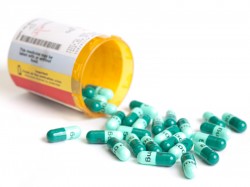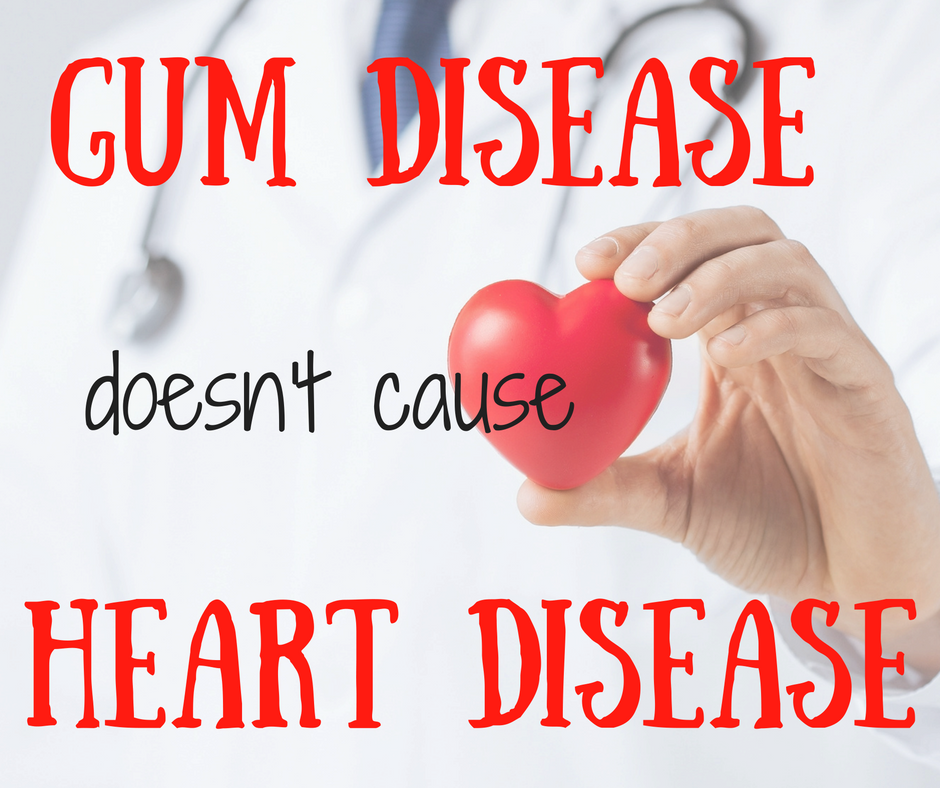
I hear these words almost every day. Someone on my amazing and responsible team is either reminding a patient to take their premedication or asking them at the appointment if they did remember. They’ve gotten really good at it because we’ve been doing it as long as I’ve been a dentist. Dentists have been acting as if dental procedures are inherently risky for developing heart problems or artificial joint infections in certain patient populations. It’s time to set the record straight.

So what have we done for dental patients with these heart conditions? We preventively treat them with antibiotics. A LOT of antibiotics. We used to give them doses of antibiotics days before and after dental treatment. But then later we dropped the dosage down to an hour before and several hours after. And now, we just give it an hour before.
But it’s O.K. Because we have solid evidence that our intervention prevents infective endocarditis at these levels, so it is worth doing, right? Well. Not really. The American Heart Association has continued to change its guidelines for premedication to the point where we only rarely premedicate patients with certain very serious heart conditions. For instance, we premedicate people who have had a previous case of infective endocarditis. Also folks with prosthetic heart valves and a few other rare congenital heart problems.
One of the more bizarre aspects of our tendency to premedicate our patients is the assumption that dental procedures in particular cause a great risk of bacteria entering the bloodstream. If you’ve ever bitten your tongue, flossed a little too hard or bitten down on a Dorito in the wrong way and caused a wound in your mouth, you’ve had an “event” that cause bacteria to enter the bloodstream. But you don’t see us lobbying Frito Lay to start lacing their corn chips with amoxicillin! The evidence for dental procedures causing infective endocarditis has always been a little thin. Patients treated for endocarditis (yes, thank goodness it’s very treatable) are always asked if they’ve had recent dental treatment. Some patients may have, so it was assumed that the dental treatment caused the infection. What I really want to know is if cardiologists are screening for nacho chips or beef jerky.
The American Heart Association continued to evaluate the evidence for taking a large dose of antibiotics prior to dental treatment 
The AHA did what so many doctors, dentists and patients are unwilling or unable to do. They evaluated the evidence and changed their recommendations! Here at Mead Family Dental we follow the 2007 AHA guidelines for the very few patients that require premedication for a heart condition. A few patients who have been premedicating for a long time, find the change disconcerting. They assume that what they’ve been doing all along was correct and that the new recommendations are putting them at risk. However, most of these patients are tickled at the idea of not dealing with this premedication regimen.
A more complicated and less well defined problem is the risk of infection of artificial joints. I will tackle this problem the sequel to this post: “My surgeon told me to premedicate for life.”
Did you find this post heartwarming? Did it raise your heart rate a little? This dentist in Saginaw, MI would love to hear about it! You can share any Mead Family Dental post with a “Like” on Facebook, a “+1″ on Google+ or you can even “Tweet” it with Twitter! All you need to do is hover over the heart shaped button next to the title of the post. Or you can leave a comment by clicking on the balloon shaped icon next to the title.
If you’re looking for a dentist in Saginaw, we’re always happy to accept new patients! You can request an appointment online or call the office at (989) 799-9133. And, as always, you can email me at alan@meadfamilydental.com. I always answer my own emails!




